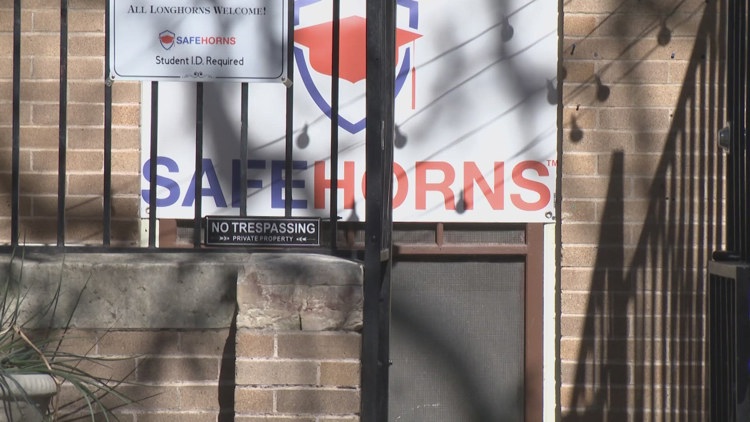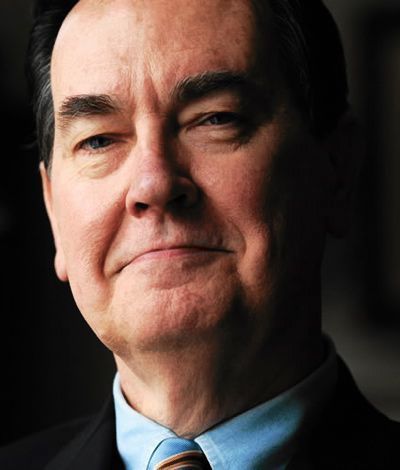November is recognized in the Catholic-Christian tradition as the month of All Souls, a dedicated time for remembering, honoring, and praying for the deceased. This period encourages individuals to offer prayers and Holy Masses for the repose of the souls of loved ones who have passed away. The act of praying for the deceased serves multiple purposes, each contributing to the healing and comfort of those left behind.
Purpose of Praying for the Deceased
Prayers for the dead help individuals cope with loss. They provide a source of consolation and strength during difficult times. Fr. Jonathan B. Molina, Pastor at Holy Rosary Catholic Church, reflects on his mother’s experience after she lost her husband at the age of 28. Following a tragic incident, her reliance on prayer helped her navigate the depths of despair. “If it were not for prayers, she would have gone insane,” he noted, highlighting how collective prayer can sustain families through grief.
Additionally, praying for the deceased reinforces the belief that loved ones are now in God’s care. It is not about changing God’s will but about fostering trust in His loving embrace. This perspective provides comfort and reassurance to those mourning the loss of family and friends.
Healing Through Prayer
The practice of prayer also serves as a therapeutic tool, especially when relationships with the deceased may have been strained. When individuals pray for those who have passed, they often confront feelings of guilt or unresolved issues. Through prayer, one can offer forgiveness or seek forgiveness, allowing for personal healing and reconciliation.
For many, the absence of a final goodbye can leave lingering emotions. In such cases, prayer becomes a channel for expressing love and gratitude. It allows individuals to convey sentiments that may have gone unspoken during their loved one’s lifetime.
In the Catholic belief, prayers also play a role in the purification of souls. The concept of purgatory suggests that those who have died may require spiritual cleansing before entering heaven. Praying for the deceased is seen as a way to aid this process, ensuring that no impurity stands in the way of their eternal peace.
The belief in the communion of saints further enhances the significance of praying for the deceased. It embodies the idea that a connection remains beyond death, allowing for ongoing love, presence, and communication. Fr. Molina finds particular solace in this belief, especially as he reflects on his father’s passing when he was just four months old. For him, prayer represents a lasting bond, affirming that he remains connected to his father despite their limited time together.
In essence, the act of praying for deceased loved ones is rooted in love. As Fr. Molina concludes, “Eternal rest grant unto our deceased loved ones, O Lord. And let perpetual light shine upon them.” This sentiment encapsulates the hope that those who have departed will find peace and comfort in the afterlife. Through prayer, individuals honor their memory and maintain the connection that transcends death.







